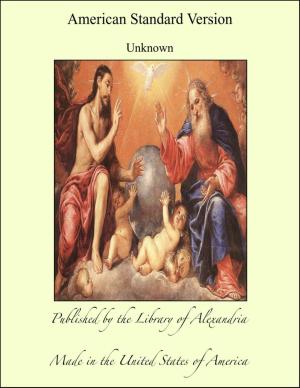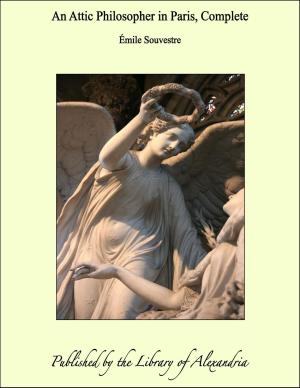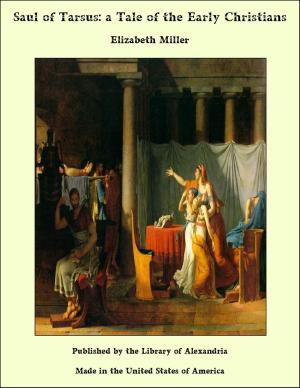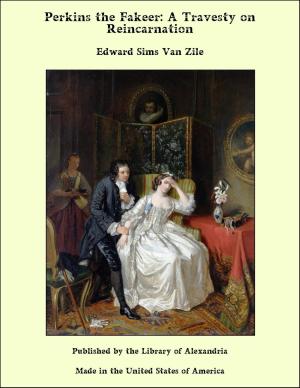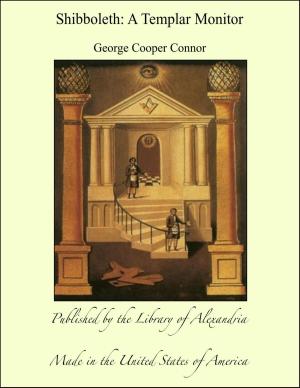The Life of Stephen A. Douglas
Nonfiction, Religion & Spirituality, New Age, History, Fiction & Literature| Author: | William Gardner | ISBN: | 9781465532060 |
| Publisher: | Library of Alexandria | Publication: | March 8, 2015 |
| Imprint: | Language: | English |
| Author: | William Gardner |
| ISBN: | 9781465532060 |
| Publisher: | Library of Alexandria |
| Publication: | March 8, 2015 |
| Imprint: | |
| Language: | English |
De mortuis nil nisi bonum, (of the dead speak nothing but good), is the rule which governed the friends of Stephen A. Douglas after his death. “Of political foes speak nothing but ill,” is the rule which has guided much of our discussion of him for forty years. The time has now arrived when we can study him dispassionately and judge him justly, when we can take his measure, if not with scientific accuracy, at least with fairness and honesty. Where party spirit is as despotic as it is among us, it is difficult for any man who spends his life amid the storms of politics to get justice until the passions of his generation have been forgotten. Even then he is generally misjudged—canonized as a saint, with extravagant eulogy, by those who inherit his party name, and branded as a traitor or a demagogue by those who wear the livery of opposition
De mortuis nil nisi bonum, (of the dead speak nothing but good), is the rule which governed the friends of Stephen A. Douglas after his death. “Of political foes speak nothing but ill,” is the rule which has guided much of our discussion of him for forty years. The time has now arrived when we can study him dispassionately and judge him justly, when we can take his measure, if not with scientific accuracy, at least with fairness and honesty. Where party spirit is as despotic as it is among us, it is difficult for any man who spends his life amid the storms of politics to get justice until the passions of his generation have been forgotten. Even then he is generally misjudged—canonized as a saint, with extravagant eulogy, by those who inherit his party name, and branded as a traitor or a demagogue by those who wear the livery of opposition

